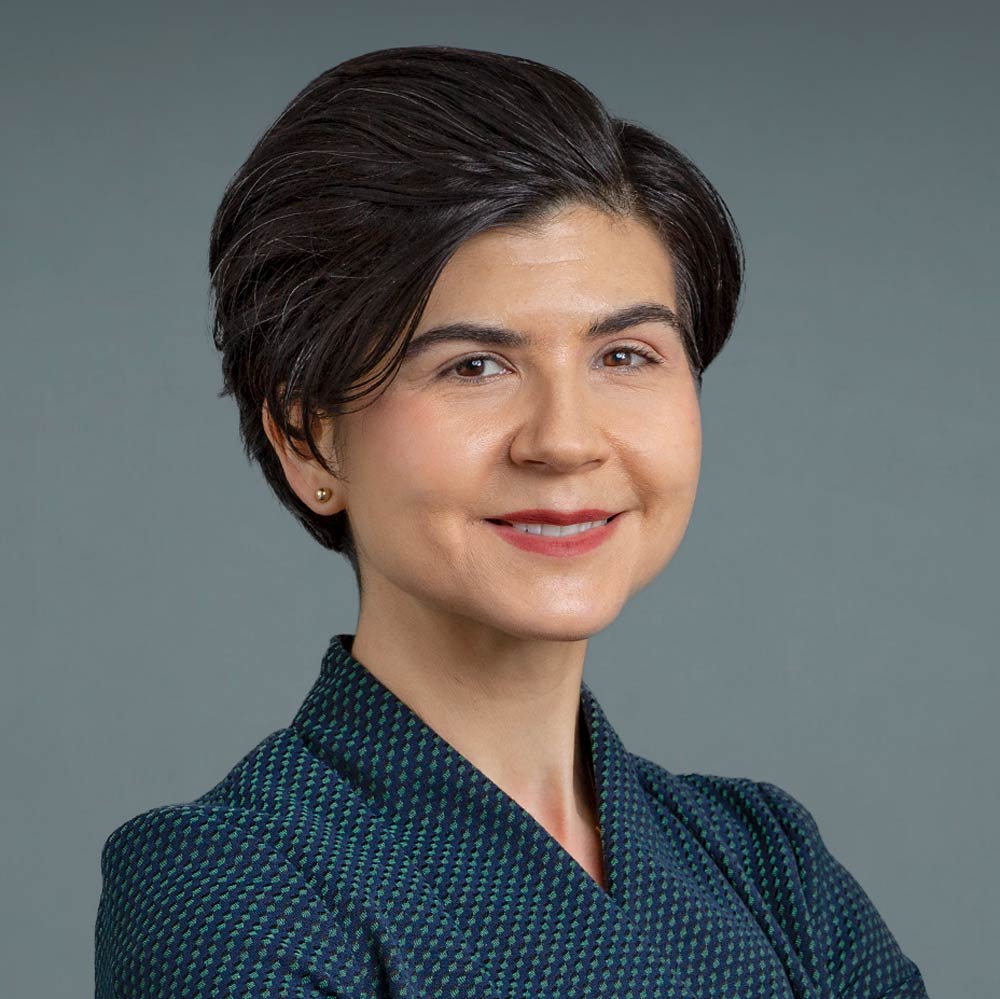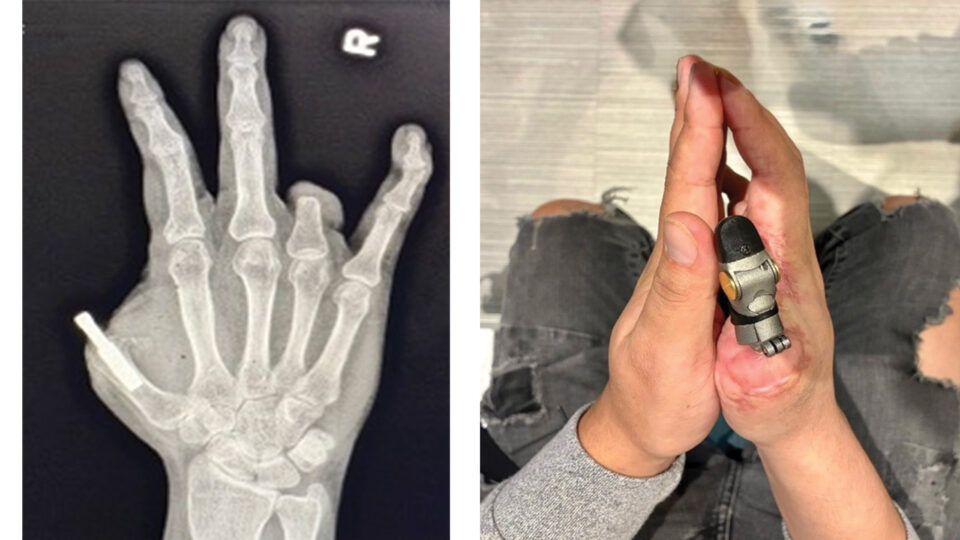Referral Notes:
- In a cross-sectional analysis, NYU Langone Health researchers assessed potential differences in MSK pain and ability to seek care among parents/caregivers with disabled children versus those without.
- Notably, parents/caregivers of disabled children were almost six times more likely to delay care compared to those of non-disabled children.
- Pediatric medical teams should screen parents/caregivers at risk and connect them with helpful resources while simultaneously addressing the child’s needs.
Parents/caregivers of children with physical disabilities are more likely to delay care for the treatment of their own musculoskeletal (MSK) pain and have a higher proportion of MSK-related pain compared to parents/caregivers of non-disabled children, according to new research presented at the AAOS 2025 Annual Meeting.
The study was led by Mara Karamitopoulos, MD, the Elly and Stephen Hammerman Clinical Professor of Pediatric Orthopedic Surgery, and her co-investigators at NYU Langone Health.
“As part of a holistic care strategy for children with disabilities, we must support the health and wellbeing of parents and caregivers.”
Mara Karamitopoulos, MD
“Poor parental health can negatively affect the care of their children,” says Dr. Karamitopoulos, who also serves as medical director of the Center for Children, part of Hassenfeld Children’s Hospital at NYU Langone. “As part of a holistic care strategy for children with disabilities, we must support the health and wellbeing of parents and caregivers.”
The Impact of MSK Pain
While previous reports have identified that parents/caregivers of children with physical disabilities are at increased risk of lower back pain, less is known about MSK pain—and whether having a child with a disability impacts one’s own ability to seek care.
“We know that back pain is rampant for parents of children with physical disabilities,” says Dr. Karamitopoulos. “Until our study, there was a lack of literature assessing potential differences in MSK pain amongst parents whose child has a physical disability versus those without.”
“Until our study, there was a lack of literature assessing potential differences in MSK pain.”
The cross-sectional analysis of 84 parents/caregivers experiencing back and/or joint pain revealed that those with disabled children were 5.8 times more likely to delay care compared to their counterparts with non-disabled children. The study controlled for caregiver body mass index (BMI) and income.
Additionally, parents/caregivers of disabled children experienced more standing problems, including discomfort or pain in the legs, back, or hips while standing, compared to parents of non-disabled children (83 versus 41 percent).
“Our findings align with real-world clinical practice,” says Dr. Karamitopoulos. “Most parents tend to place their child’s welfare above their own.”
The Income Connection
The researchers also identified an interesting connection to income. All participants with incomes above $100,000 were 86 percent more likely to seek MSK care compared to those who made between $30,000 and $100,000 while controlling for caregiver BMI and child disability status.
The research team speculates that the difference is due to the ability of parents with higher incomes to secure alternative care arrangements for their children.
“Financial resources enable parents of disabled children to more easily obtain childcare, allowing them to attend to their own health needs,” she says.
Screening Caregivers, Offering Support
Dr. Karamitopoulos acknowledges that more research is needed to identify specific factors that impact the delay of care for MSK pain in caregivers/parents of children with disabilities. She emphasized that medical teams should screen caregivers at risk and connect them with helpful resources such as social work services or physical therapy while simultaneously addressing the child’s needs.
“As pediatric specialists, we must consider the welfare of caregivers and offer assistance whenever we can,” she says. “At NYU Langone, we don’t just treat the patient—we want to ensure the whole family is thriving.”






